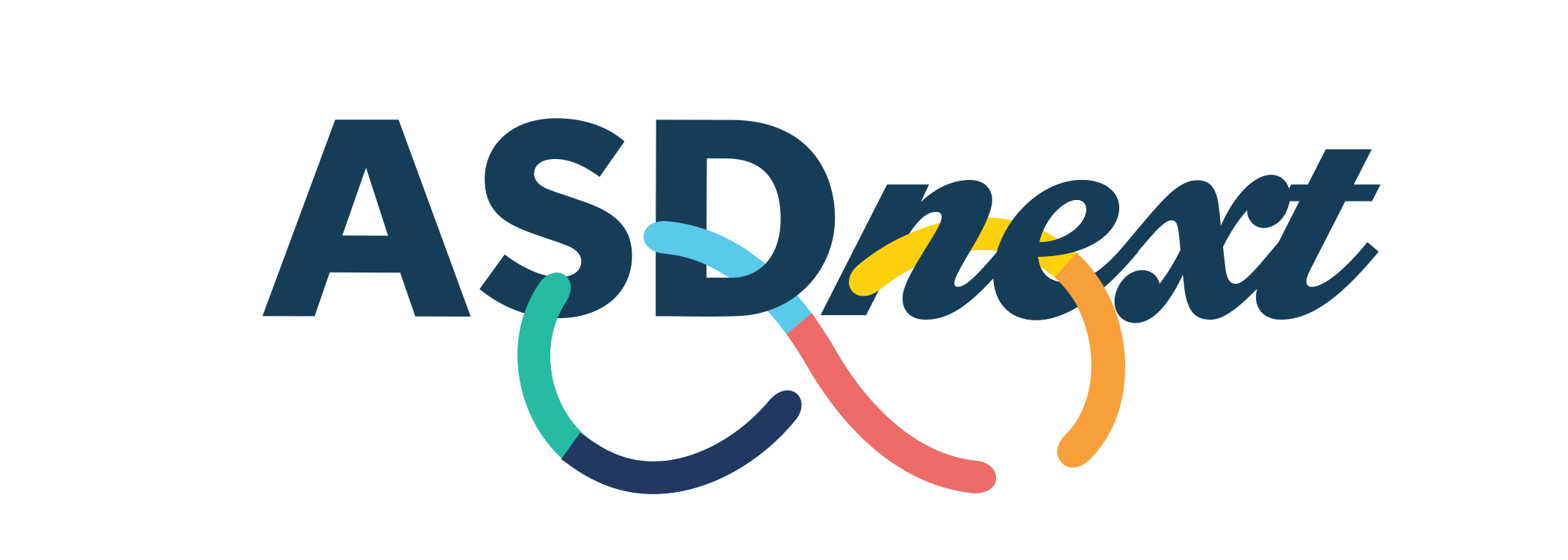Presented by Max Wiznitzer, Ph.D.
Individuals with ASD typically exhibit significant impairments in socialization, communication and restricted interests/repetitive behaviors. Researchers have found that prevalence ranges up to 1/150 children. This presentation will discuss the core features and common co-occurring disorders that are important for the identification, management and education of children with ASD and the scientific underpinnings of ASD that are needed for an understanding of the proposed causes of and interventions for ASD.
Presented by Max Wiznitzer, Ph.D.
ASDs change in their core features and manifestations over the lifespan. This presentation will address the variations on typical adolescent development, potential outcomes in adulthood, and co-occurring disorders that can become manifest as the child with ASD enters adulthood.
Presented by Claire Maher Choutka, M.Ed., BCBA & Stacy Nonnemacher, Ph.D.
This workshop examines empirically supported strategies and processes in teaching individuals with autism to meet goals and objectives. Specifically, this session will discuss how to prioritize and define needs as basis for instruction. Further, writing goals and objectives and developing plans for support staff to follow during instruction will be reviewed with specific attention to prompting strategies, reinforcement and error correction strategies, generalization and maintenance, and evaluating/monitoring progress.
Presented by Craig A. Michaels, Ph.D.
This breakout session focuses on using person-centered planning as the lens with which to apply Positive Behavior Supports to build meaningful lives for people with ASD. Through this humanistic lens, PBS can empirically apply the tools of applied behavior analysis in the service of person-centered planning five essential outcomes—1) community presence, 2) choice, 3) competence, 4) respect, and 5) community participation. Session participants will gain knowledge and skills related to understanding the function of behavior; conducting functional assessments; creating behavior support plans; teaching replacement skills; and implementing practical behavior support strategies in homes, schools, communities, and workplaces.
Presented by David Gates, Esq., Rich Kisner, Roy Diamond
This session will describe innovative housing models that can be developed to meet the needs of individuals living with autism. Various ways to utilize public funding to cover housing cost while maintaining eligibility for waiver funded services will be discussed.
The panel members will describe no fewer than these innovative models: The HUD Section 811 Capital Advance and PRAC model, the Tax Credit and University Partnership model, and the PHFA HomeWorks model.
Presented by Craig A. Michaels, Ph.D.
Positive behavior supports (PBS) emerged from the science of behavioral technologies or applied behavior analysis (ABA) as a response to a perceived misuse of power and control. This keynote explores this past and what PBS means for the present and future within the context of ethically supporting people with ASD. As Zen places a premium on understanding the essence of reality, PBS asks that we mindfully listen to people with disabilities in reconciling humanism and empiricism. After all, science can tell us how we can bring about change, but it is our person-centered values that tell us what changes are most worth bringing about.
Presented by Claire Maher Choutka, M.Ed., BCBA, & Stacy Nonnemacher, Ph.D.
This two-part breakout session is an introductory look at Positive Behavior Support (PBS) and Functional Behavior Assessment (FBA) targeted for families and support persons. Specifically, this session will discuss the need for and legalities of behavioral support in home and school settings. PBS will be differentiated from traditional behavioral methods and related to existing education structures. Finally, utilizing case examples, this session will outline the specific steps of FBA.
Presented by John J. McGonigle, Ph.D.
The session will consist of sharing information on standards and guidance for diagnosing individuals with Autism Spectrum Disorders (ASD). The presentation will provide a structured framework to guide clinical teams in implementing high quality evaluations. Discussions will include stages and levels of evaluations, using practical standardized assessment instruments in primary care, clinics and school settings, synthesizing information from various stages of the assessment, and identify co-occurring conditions and differential diagnosis of ASD across age groups.
Presented by Martin J. Lubetsky, M.D. & John J. McGonigle, Ph.D.
Individuals with ASD often have a complex array of behavioral, social, communication and medical needs. Inpatient hospitalization may be a consideration when: the behaviors become dangerous, the treatments are not successful, the range of medications increase without benefit, the diagnostic picture is unclear, and there is a need for more comprehensive assessment and treatment. The Bureau of Autism Services collaborated with the Merck Inpatient Unit at WPIC, UPMC, Pittsburgh to design a Bio-Behavioral Track for this specialized service. The assessment includes: functional behavioral assessment, review of past treatment failure, review of medications, medical history, medical evaluation, and specialty consultation as needed. The treatment plan includes: interagency collaboration, behavioral interventions, medication reduction and change, medical interventions, parent and agency behavioral training, and disposition planning. We will discuss the clinical needs, members of the treatment team, proposal design and treatment outcome.
Moderated by David Gates, Esq. with Panelists:
Self Directed Support
Corporations (SDSC) are operated by family members and other dedicated
persons to provide or oversee person-centered supports and services to
individuals with ASD. Because a SDSC is run by people with a personal
commitment to the supported individual, the corporation commonly takes
on a role of advocate to ensure maximum community integration for the
beneficiary. Attendees will: a) learn the basics of the SDSC model; b)
explore how a SDSC can foster advocacy and community integration; c)
identify how to determine whether a SDSC is a good model for an
individual with ASD; and d) find out how to take the first steps toward
creating a SDSC.



